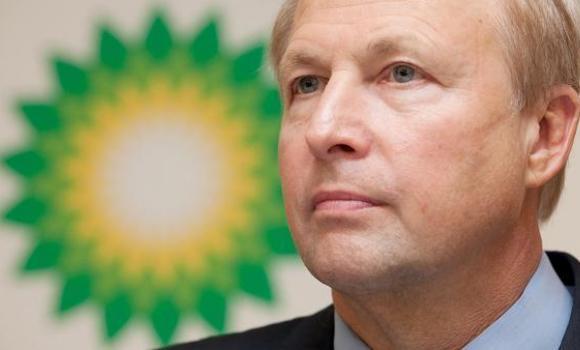
Oil prices could hit record lows in 2016: BP chief
Struggling oil producers could suffer even more pain in 2016 with further plunges in already record-low prices, has BP Chief Executive Bob Dudley warned.
“A low point could be in the first quarter,” Dudley told BBC radio.
Oil prices fell by 34 percent in 2015, battered by prolonged global oversupply and a slowdown in energy-hungry China’s economy.
Dudley predicted that prices could stabilize toward the end of the year, but would remain low for the forseeable future.
“Prices are going to stay lower for longer, we have said it and I think we are in this for a couple of years. For sure, there is a boom-and-bust cycle here,” Dudley said.
Prices have particularly slumped since December 4 when the Organization of the Petroleum Exporting Countries decided against limiting production as members fight to keep market share.
Potentially adding to the supply worries was action by the US Congress last month to end the 40-year-old ban on exports of crude oil produced in the country.
In another development, Russian energy ministry data showed that Russia pumped a record 534 million tons of crude oil in 2015 even as it reeled from a fall in oil prices caused by a supply glut.
The country’s oil and gas condensate production last year increased 1.4 percent year-on-year, with output reaching 10.73 million barrels per day, a post-Soviet record, according to data cited by Interfax news agency.
The slide in oil prices and Western sanctions over Moscow’s role in the Ukraine crisis have pummelled the oil-dependent Russian economy in recent months.
The ruble lost around half of its value in 2014 but recovered slightly as energy prices stabilized last year.
But the recent renewed slump in oil prices — with Brent crude falling to an 11-year low last month — casts a shadow on the prospect of economic recovery.
“All states, including OPEC countries, have concentrated on increasing their output and turning out as much oil as possible not to lose their market niches, not taking note that they are driving prices down,” energy consultant Mikhail Krutikhin said Saturday on Russian radio. “It appears that Russia is also following this path.”
Russia’s Central Bank predicted that if oil prices remain at their current level, GDP could shrink 2 percent in 2016.
President Vladimir Putin assured at his annual press conference earlier last month that the country was prepared for any economic situation, despite the volatility in oil prices.
Russia’s 2016 budget had been calculated on the basis of an oil price of $50 per barrel, a figure Putin said was an “optimistic” assessment of the situation, with the price now hovering around $37.



























